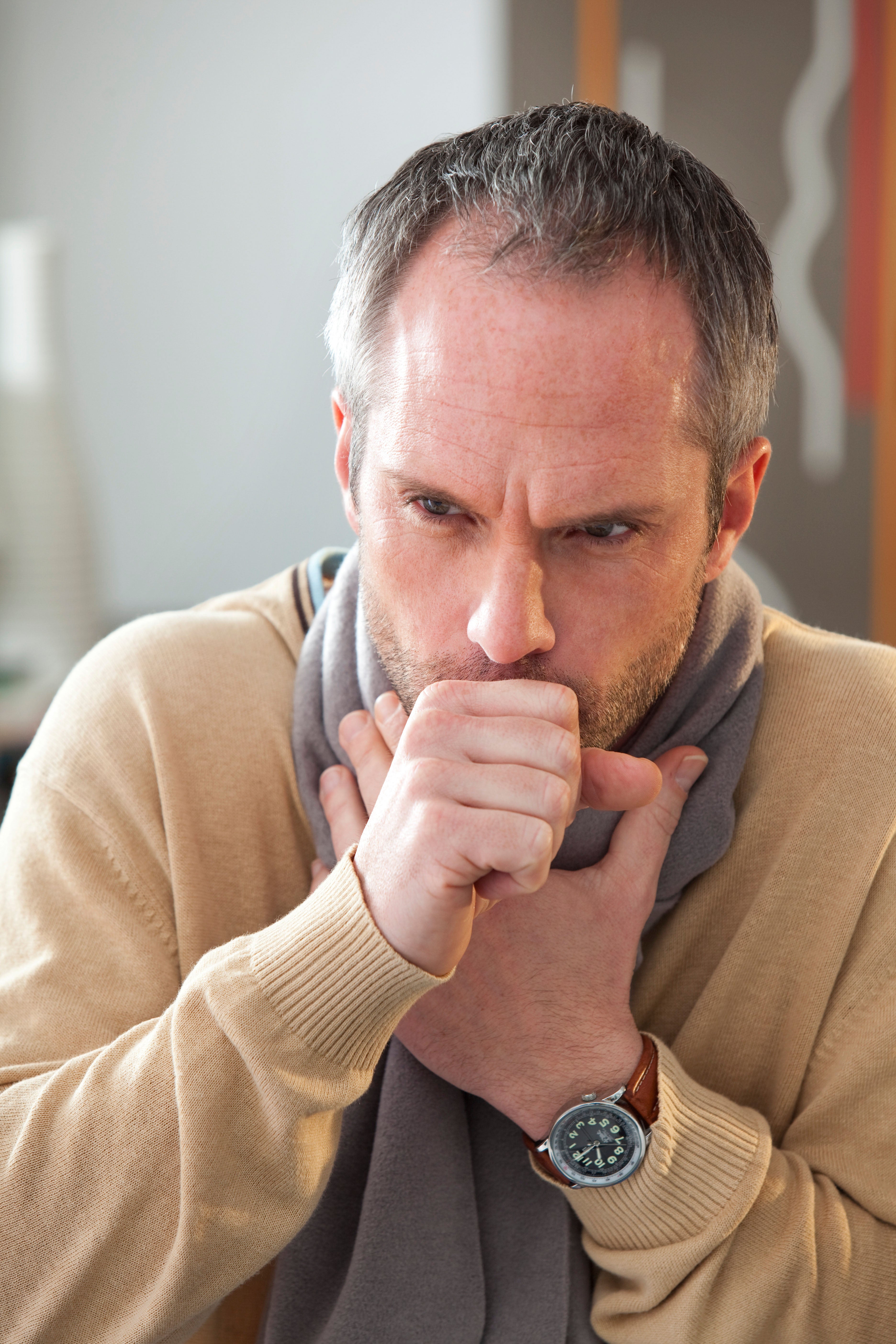Whooping cough symptoms to look out for as cases soar by 250% in a year
There were 716 reported cases between July and November compared to 217 in the same period last year

The number of whooping cough cases has soared by 250 per cent in a year, according to the UK health security agency.
Between July and November, there were 716 reported cases, which is three times higher than the same period in 2022, the agency’s Dr Gayatri Amirthalingam said.
Dr Amirthalingam explained the number of infections had decreased over the pandemic due to social distancing and lockdown measures, but had now risen again.
It comes as pregnant women were urged to get vaccinated following a spike in whooping cough cases in England and Wales.
What are the symptoms of whooping cough and how can you spot them?
Whooping cough, or pertussis, is a bacterial infection of the lungs and breathing tubes that spreads easily. It infected tens of thousands of people before vaccines were introduced.
It is easily preventable, experts say, but can sometimes cause serious problems for babies and children.
The first symptoms of whooping cough are similar to those of a cold, such as a runny nose, red and watery eyes, a sore throat, and a slightly raised temperature, according to the NHS.
Intense coughing bouts can start about a week later. The bouts usually last a few minutes at a time and tend to be more common at night.
A person with the infection can make a “whoop” sound – a gasp for breath between coughs, although this does not affect young babies and some adults.
Whooping cough
What are the symptoms?
- will get coughing bouts that last for a few minutes and are worse at night
- may make a “whoop” sound – a gasp for breath between coughs (young babies and some adults may not “whoop”)
- may have difficulty breathing after a coughing bout and may turn blue or grey (young infants)
- may bring up a thick mucus, which can make you vomit
- may become very red in the face (more common in adults)
A whooping cough patient may also have difficulty breathing after a coughing bout and young infants may turn blue or grey.
They may also cough up a a thick mucus, which can make them vomit and adults can sometimes become very red in the face.
People should ask for an urgent GP appointment or seek help from the NHS 111 service if their baby is under 6 months old and has symptoms of whooping cough.
You should also get a doctor’s appointment if you or your child have a very bad cough that is getting worse.
Join our commenting forum
Join thought-provoking conversations, follow other Independent readers and see their replies
Comments